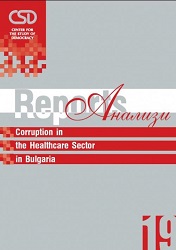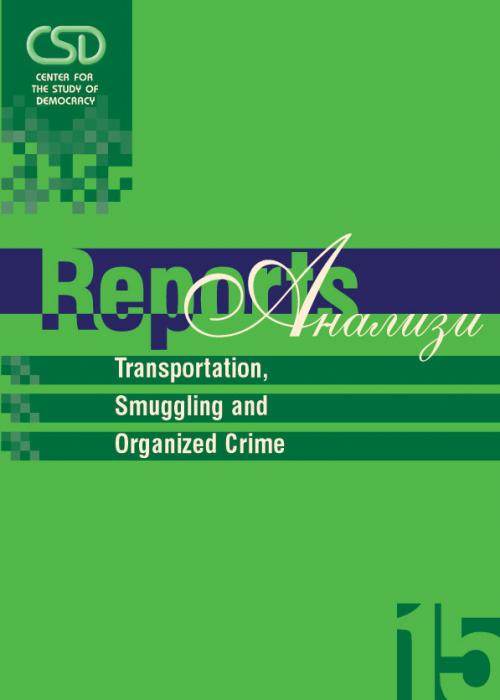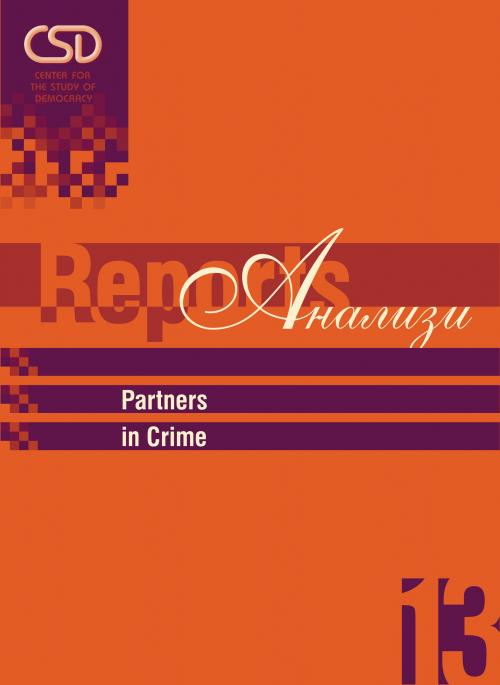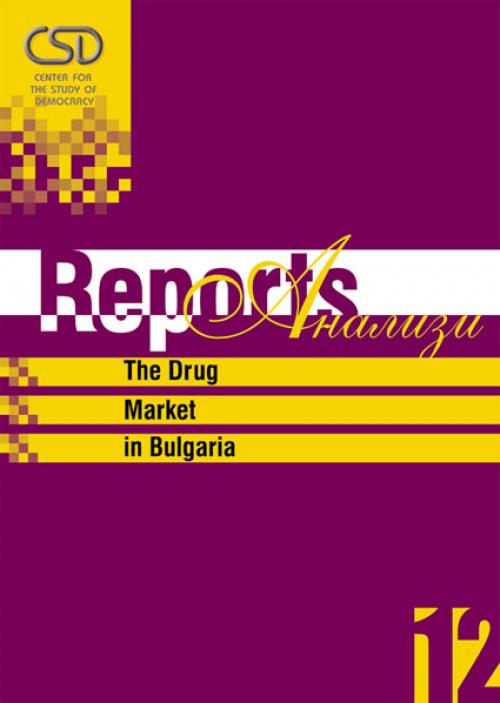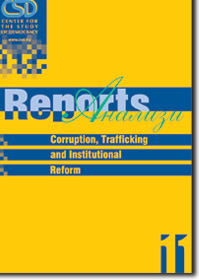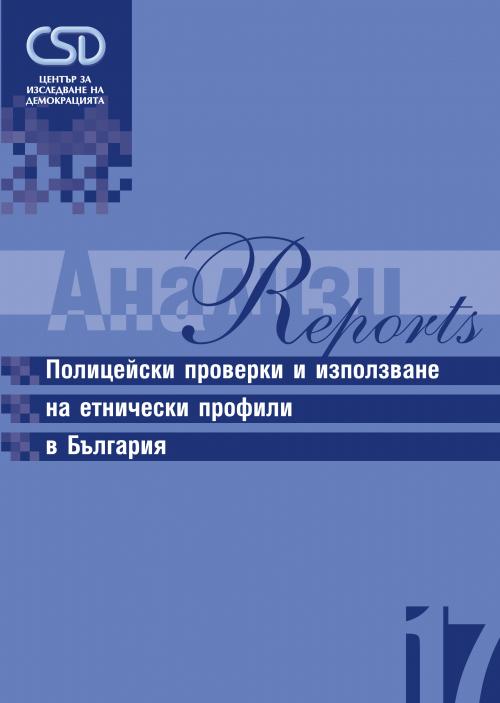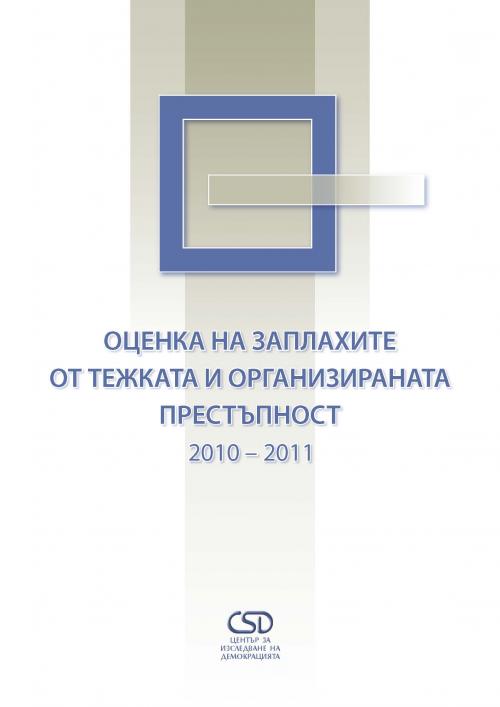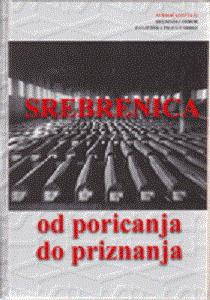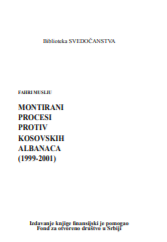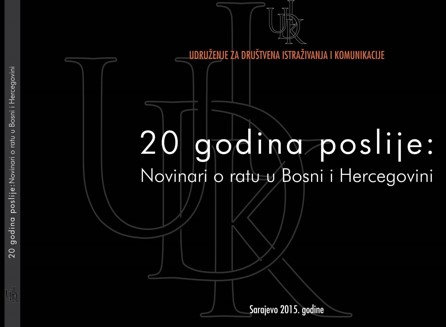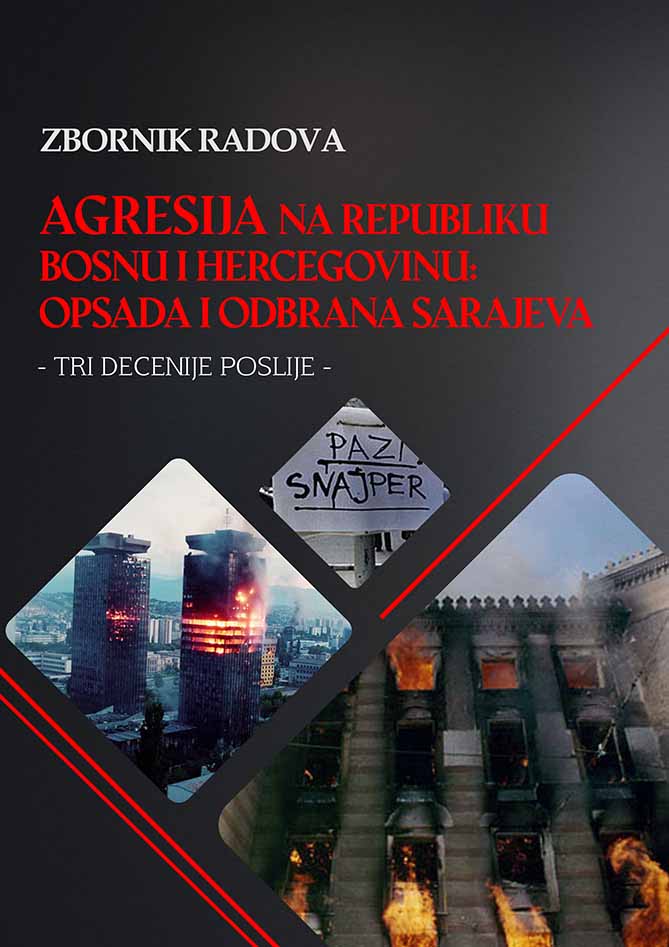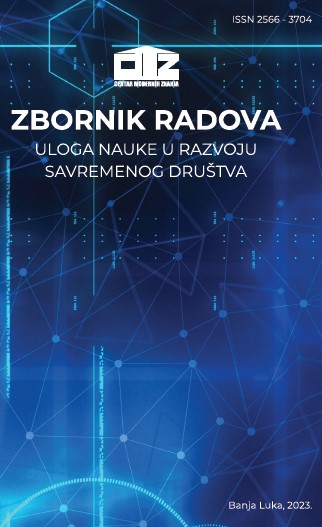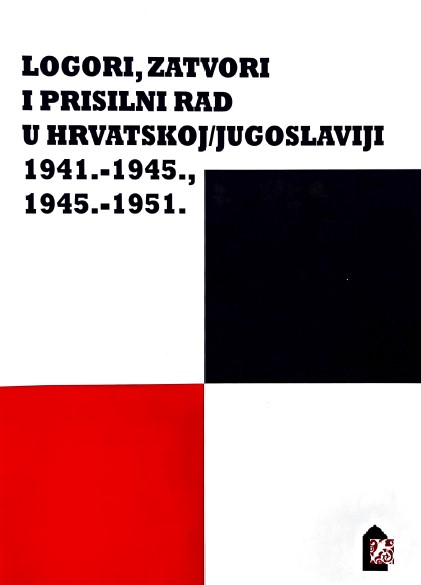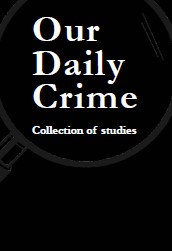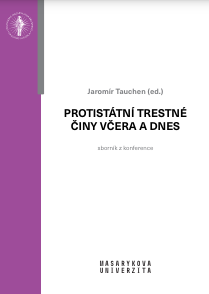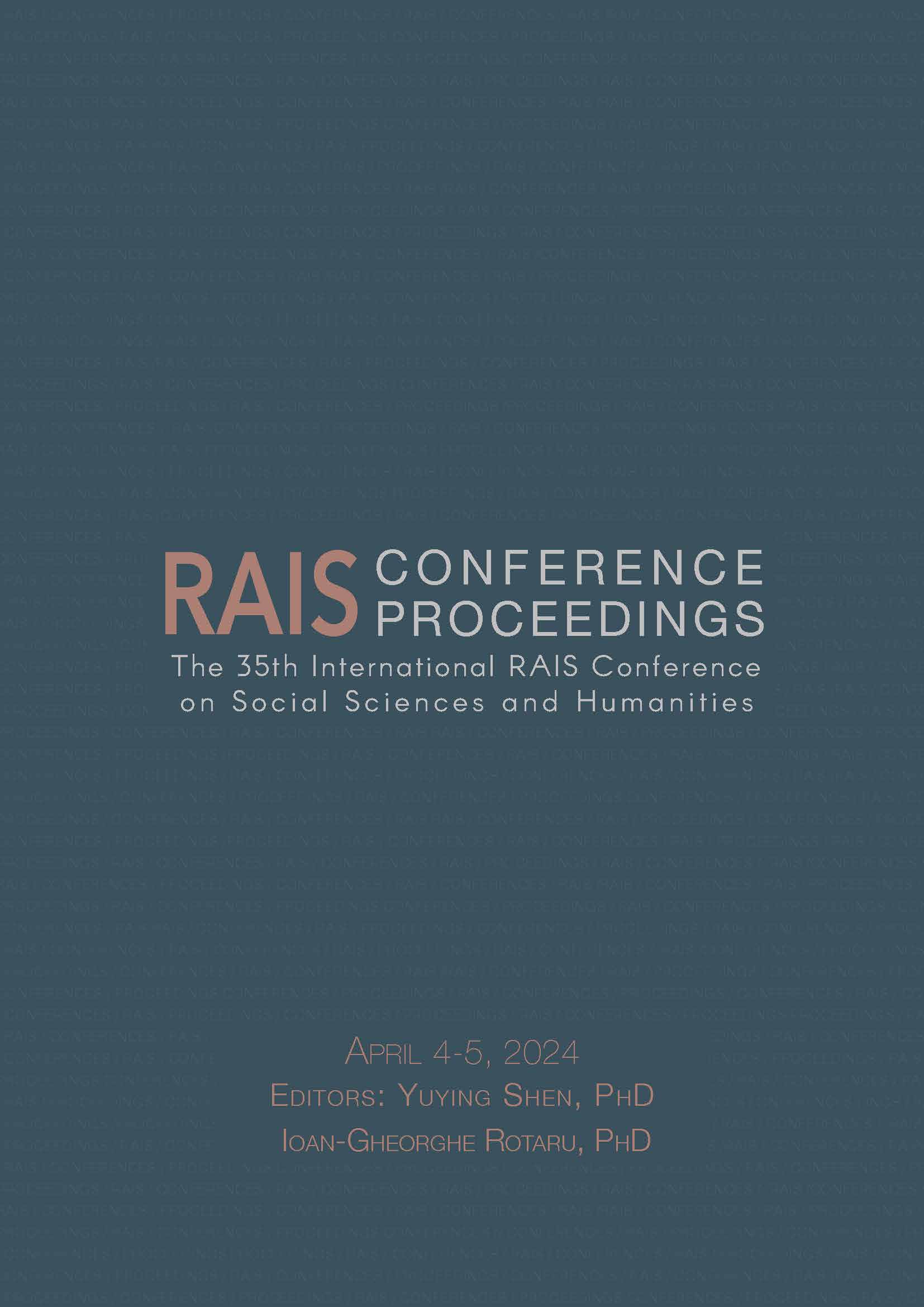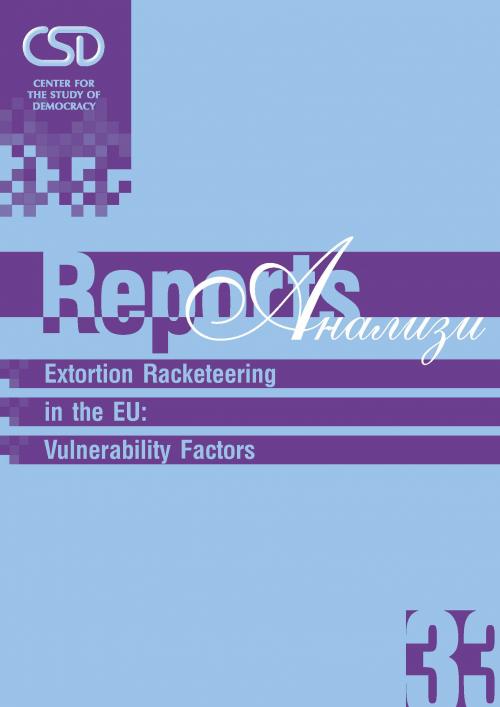
CSD-Report 33 - Extortion racketeering in the EU: vulnerability factors
Extortion racketeering has been long pointed out as the defining activity of organised crime. Although in recent years this crime has not been among the top listed organised crime threats in the strategic EU policy documents, it still remains ever present in European countries. The seriousness of the phenomenon has been recognised at the EU level and the crime has been listed in a number of EU legal acts in the field of police and judicial cooperation in criminal matters. The report Extortion racketeering in the EU: vulnerability factors analyses extortion racketeering forms and practices in six EU member states. The analysis disentangles the risk and the vulnerability factors for enterprises in two business sectors – agriculture and hospitality – as well as in the Chinese communities. Drawing on the results of the analysis, the report suggests new policies for tackling extortion racketeering in the EU. This report has been produced with the joint efforts of the Center for the Study of Democracy, Instituto de Ciencias Forenses y de la Seguridad – Universidad Autónoma de Madrid, Transcrime – Università Cattolica del Sacro Cuore di Milano and Vitosha Research and with the support of Guardia Civil in Spain.
More...
